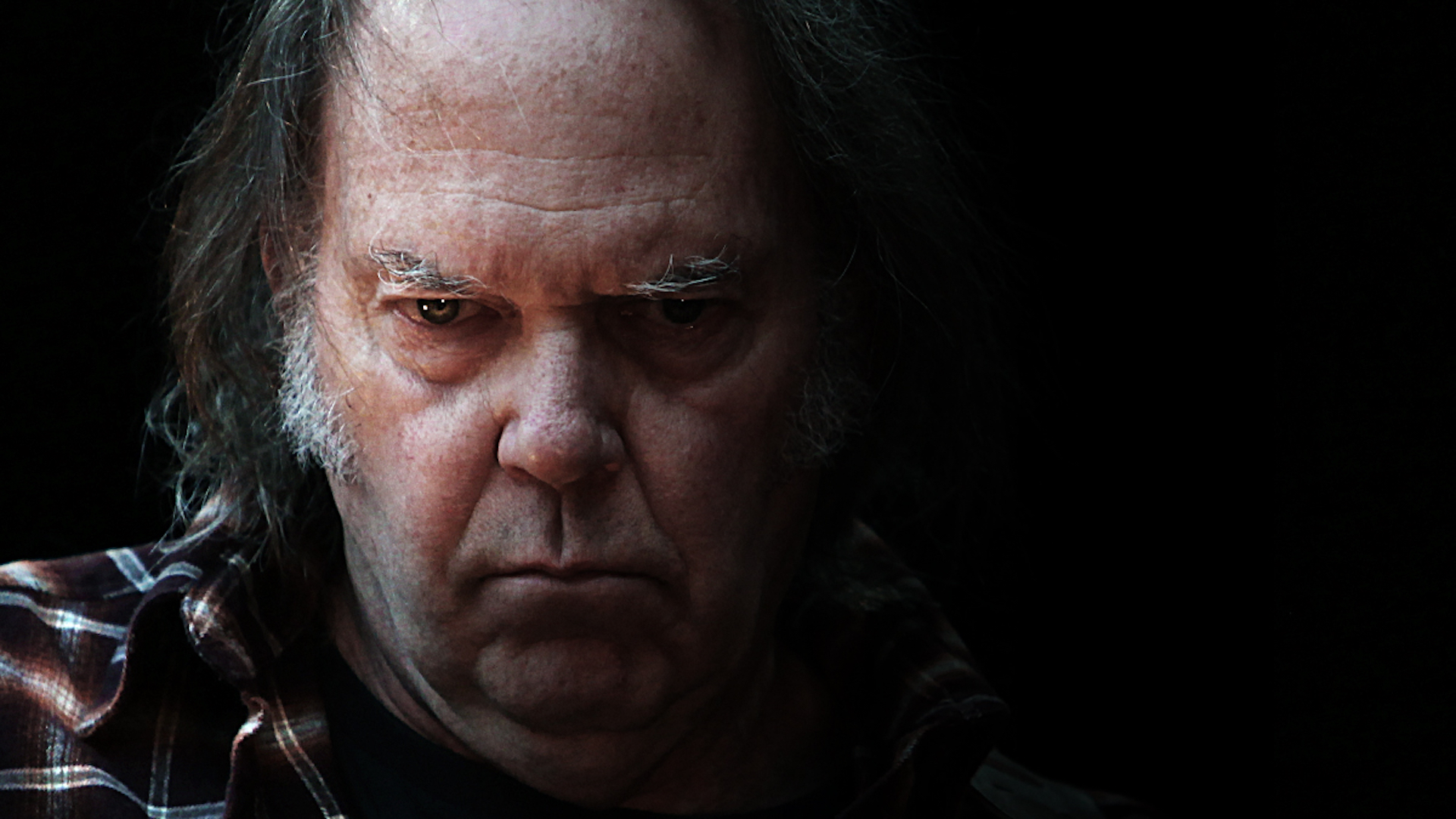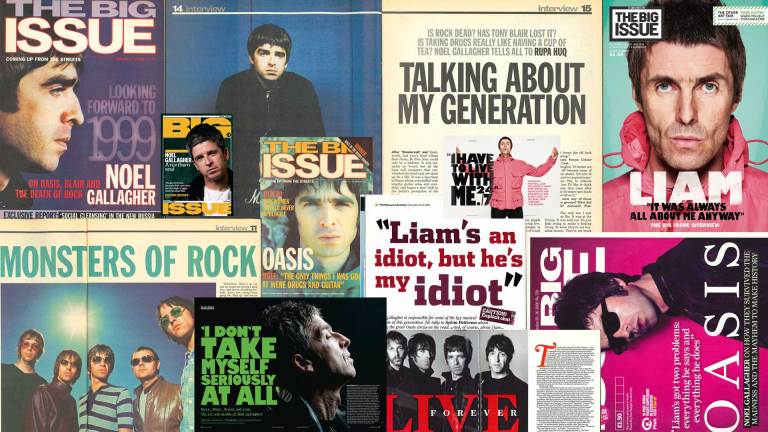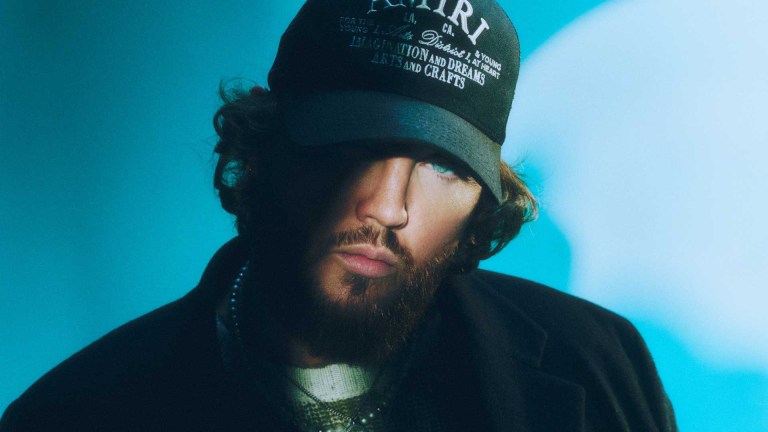Neil Young just sold half of his for an estimated £110m. Fleetwood Mac’s Stevie Nicks sold most of hers last year for around £73m, while her ex-bandmate Lindsey Buckingham more recently sold all of his for an undisclosed but presumably not dissimilar sum.
In the biggest publishing rights deal of all to date for a single songwriter, in December, Bob Dylan pocketed a rumoured £225m for 100 per cent of his approximately 600-song catalogue. Many would argue that you can’t put a price on 60 years of some of the finest and most important American art ever created – including such epochal masterpieces as The Times They Are A-Changin’ and Like a Rolling Stone – but they’d be wrong. The price is about £225m.
Lockdowns have taken income away from hundreds of Big Issue sellers. Support The Big Issue and our vendors by signing up for a subscription.
Tempted by clearly eye-wateringly fat cheques, august rock stars are selling off the family silver like there’s no tomorrow. Why? And why now? And what does it mean for fans? What comes after the gold rush?
Publishing rights are basically an artist’s entitlement to earn on their work – their royalties, which roll in year upon year on everything from radio plays or plays in public places such as shops or bars, to sales of records or licensing deals for usage in adverts, TV or films. Or, in a more recent and increasingly important development, on digital streams.
The buying and selling of publishing rights, which commonly are not owned even by big-name artists, is nothing new. In 1985, at the peak of his fame, Michael Jackson spent nearly £90m in today’s money to outbid a bitter Paul McCartney and acquire 250 Beatles songs from the band’s original publisher ATV (they’ve since been acquired by McCartney and are now valued at somewhere closer to £750m).
Neil Young sells 50% of publishing rights to his entire song catalog to UK investment fund https://t.co/jlQSQis1Vs
— CNBC International (@CNBCi) January 15, 2021
But as digital streaming has risen to become the dominant music medium, offering smaller albeit steadily increasing returns than the sale of the physical product once did, and as heaven’s door draws inexorably closer to a knockin’ from stars of yesteryear, whopping good offers to sell present a temptingly tidy solution to tying-off financial affairs.
It gives them a big lump sum to spend in their twilight years, whether on recreational or creative pursuits, as well as to split between their often many and disparate heirs once they’re gone (avoiding ugly familial disputes such as, for instance, the one that has followed Prince’s death).
Corporations such as Universal Music Group (UMG), which bought Dylan’s catalogue, and a new breed of specialist song investment firms such as Hipgnosis – the owners of Young’s catalogue among over a billion pounds and rising of acquisitions – for their part are snapping up what they see as lucrative and stable future investments. Hipgnosis founder Merck Mercuriadis, who previously managed the likes of Beyoncé and Elton John, has described hit songs as being “as investible as gold or oil”.
He views them as commodities which will always be in demand, and largely invulnerable to market fluctuations – indeed they can even boom in times of crisis.
Music has clearly been a comforter in the midst of the Covid-19 pandemic, with more than 155 million albums bought or streamed in the UK in 2020, a year- on-year increase of 8.2 per cent according to record label body the BPI.
For fans of Dylan and Young and Fleetwood Mac, and likely countless many more artists of their ilk if the rush to buy up publishing rights gathers pace, very little will obviously change. You’ll still be able to stream their songs in all the same places, new collectable vinyl compilations of remastered classics and rarities will still be sold at a regular clip.
The one area where we may start to see a shift is when it comes to licensing.
“Ain’t singin’ for Pepsi / ain’t singin’ for Coke / I don’t sing for nobody / Makes me look like a joke,” once sang Young, who famously never allowed any of his songs to be used in advertisements.
Mercuriadis insists that Young’s music will only ever be deployed in a manner befitting its author’s strong ethos – sceptical on corporations, big on the environment – but in the fullness of time and in a brand-new world, fresh revenue opportunities must be sought to make good on investments. Will we one day soon hear the music of Neil Young being used to sell, say, green energy solutions? Or could Bob Dylan begin punting burgers?
It won’t have gone unnoticed to music royalty speculators that, in a world increasingly shaped by social media, money-spinning meetings of music and big brands can occur completely spontaneously.
See the example of flat-broke Idaho potato worker Nathan Apodaca. His TikTok video of himself casually sipping Ocean Spray cranberry juice and singing along to Fleetwood Mac’s Dreams as he skateboards down the road went viral to the tune of tens of millions of views, unintentionally helping to sell rivers of soft drink and propel the Mac to a spike in streaming figures like they’d never experienced before (Apodaca, now a minor celeb, was gifted a free truck loaded with cranberry juice for his troubles). The times truly are a changin’.










